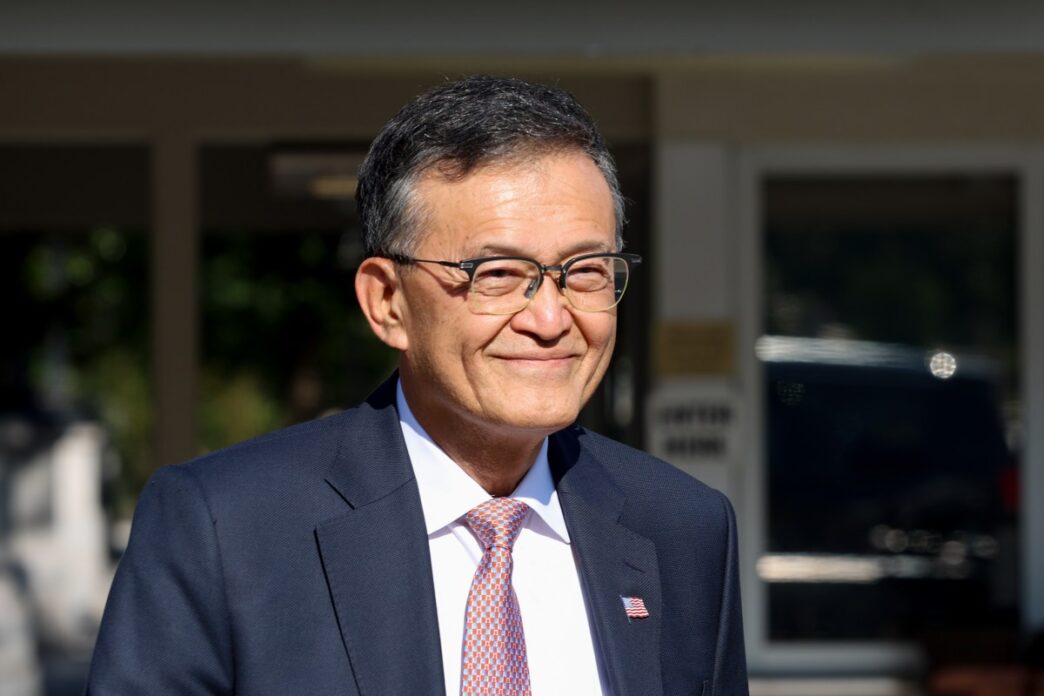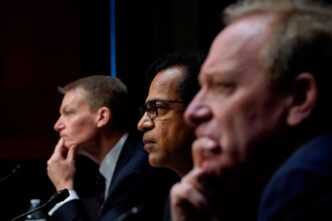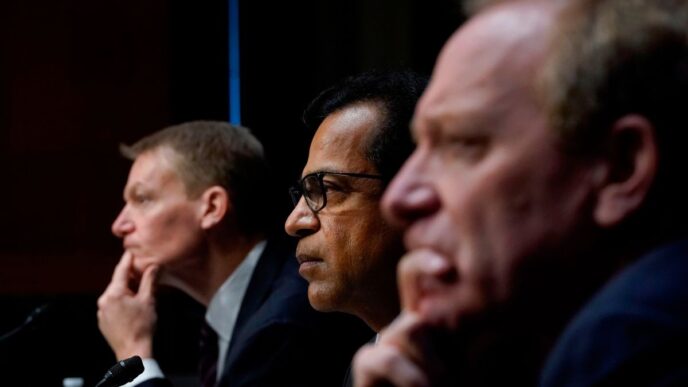Intel is facing confusion and criticism after the Trump administration announced it will convert government grants Intel was slated to receive into a 10% equity stake in the company.
The move is unprecedented and legality is unclear. Critics question how turning grants into shares helps Intel’s floundering foundry business.
Intel Foundry, the chipmaker’s contract manufacturing unit, reported a $3.1 billion operating loss in Q2 2025 and has missed out on big contracts like Sony’s PlayStation chips. The unit bears the brunt of Intel’s recent layoffs.
Boardroom disputes over how to revive the foundry business helped push Lip-Bu Tan out of Intel’s board this August. Tan became CEO earlier this year.
Kevin Cassidy of Rosenblatt Securities told TechCrunch the stake swap won’t fix Intel’s core issues.
“They didn’t understand customer service,” Cassidy said.
“They have always manufactured internally, the manufacturing group was king. It’s hard to be a customer service-focused group when you think you know better.”
Intel warned of risks in a recent SEC filing, highlighting dilution of shareholders and reduced governance rights. The Trump administration promises to vote with Intel’s interests, but the move could alienate investors.
Cassidy called the dilution disappointing.
“Intel gave up another 430 million shares, and diluted my shares, and [they] were able to buy it at a 20% discount.”
Intel also flagged potential harm to its global business, which generates 76% of its revenue outside the U.S. Customers abroad could hesitate to work with a company partly owned by the U.S. government amid ongoing trade tensions.
Not all are pessimistic. Cody Acree, analyst at Benchmark Company, sees government backing as a possible boost.
“The government intervention is being seen as at least a stepping stone toward reinvigorating Intel,” Acree said.
“It’s encouraging to know that the government is backing Intel instead of challenging the leadership as they were a month ago.”
Andrew Rocco from Zacks Investment Research agrees the deal could help Intel gain footing in the booming data center and chip market, but warns the turnaround will take years.
The real test: Intel’s new 14A chipmaking process. CEO Tan says production won’t start until significant customer interest is secured.
Cassidy remains skeptical.
“There is still no guarantee that Intel is going to be able to come back into the market at the leading edge,” he said.
“Intel has been burning cash for quite a few years, I don’t know if it is just more money to buy time to find the formula to get them back on the leading edge.”
With government ownership now on the table, Intel’s future depends on whether it can finally win customers, not just cash.














